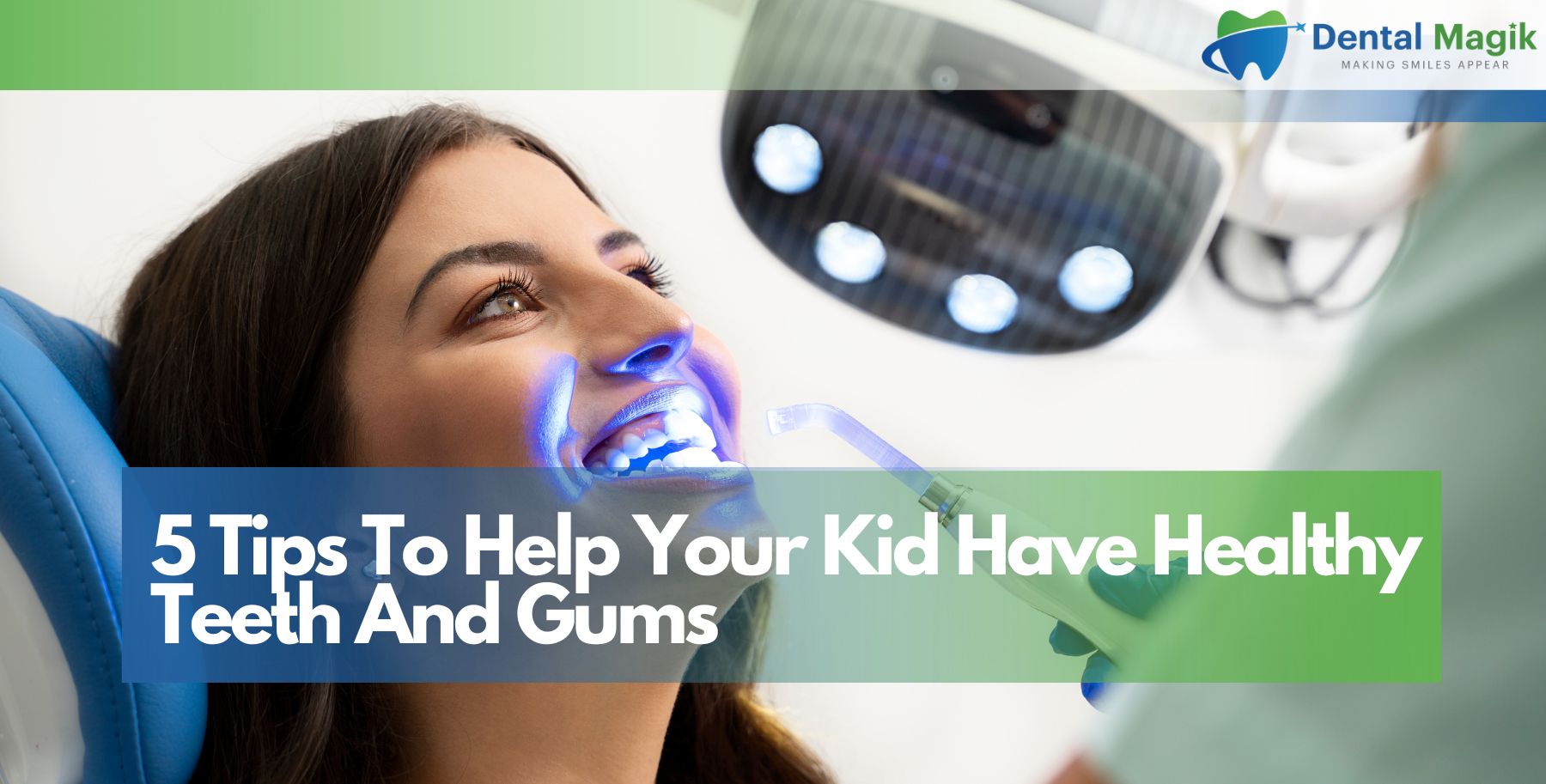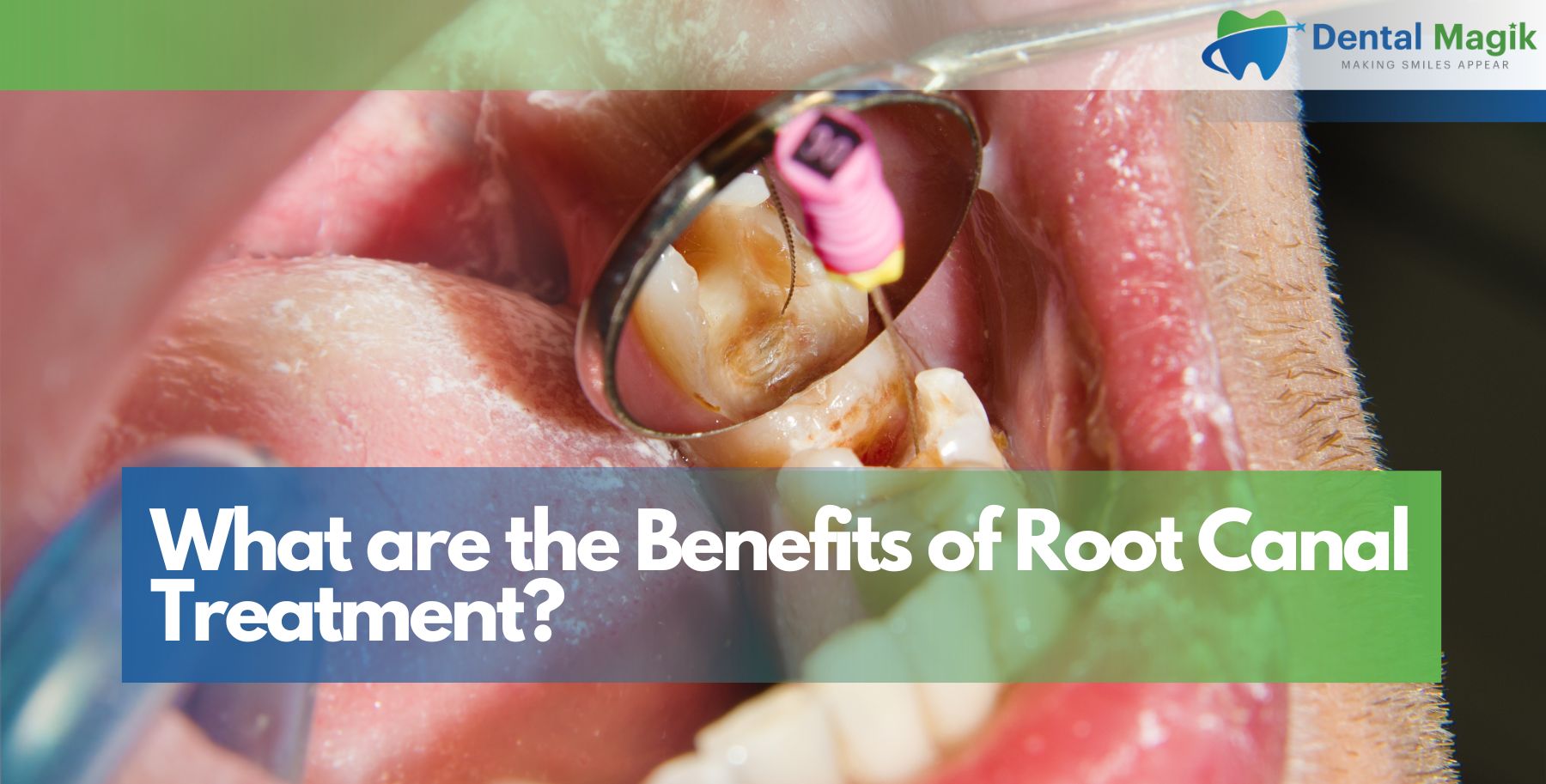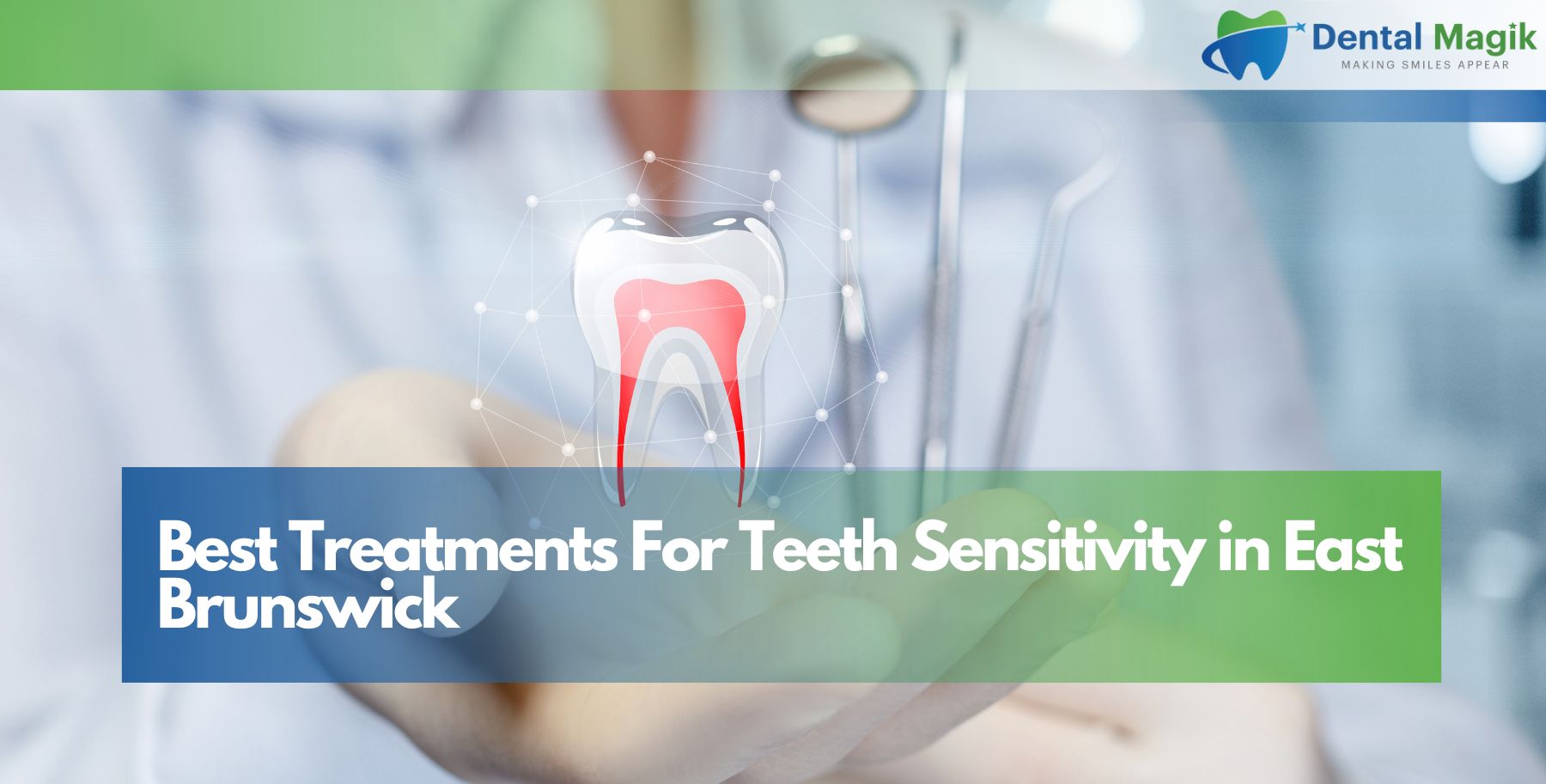Tooth loss can affect not only your smile but also your ability to eat, speak, and maintain oral health. Whether you’ve lost a few teeth or an entire set, dentures can restore function and confidence. The question many people face is whether to choose complete dentures or partial dentures. Both options offer unique benefits, and the right choice depends on factors like the number of missing teeth, jawbone structure, lifestyle, and budget.
Understanding the differences between complete dentures and partial dentures is essential for making an informed decision. This guide will explore their features, pros and cons, and key considerations to help you determine which solution best fits your needs.
Understanding Complete Dentures and Partial Dentures
Complete dentures and partial dentures are both used to restore missing teeth, but they serve different purposes. Complete dentures are designed for individuals who have lost all their teeth in either the upper or lower jaw, sitting directly on the gums for support. Partial dentures, on the other hand, are ideal for those with some natural teeth remaining, using a metal or acrylic framework to stay in place. Understanding the differences between complete dentures and partial dentures helps in choosing the best option for oral health and comfort.
What Are Complete Dentures?
Complete dentures replace an entire arch of missing teeth, either on the upper jaw, lower jaw, or both. They are made of acrylic resin or porcelain and rest directly on the gums. These dentures are a great solution for people who have lost all their teeth due to aging, gum disease, or severe tooth decay.
Complete dentures can be either conventional or immediate. Conventional dentures are fitted after the gums heal from tooth extraction, which can take several weeks or months. Immediate dentures, on the other hand, are placed right after tooth extraction but may require adjustments as the gums heal.
What Are Partial Dentures?
Partial dentures are used when some natural teeth are still present. They consist of replacement teeth attached to a metal or acrylic framework that clasps onto the remaining teeth for support. Partial dentures help maintain proper tooth alignment and prevent surrounding teeth from shifting.
Like complete dentures, partial dentures can be removable or fixed. Removable partial dentures can be taken out for cleaning, while fixed ones, also called implant-supported dentures, are secured in place for a more permanent solution.
Key Differences Between Complete Dentures and Partial Dentures
The primary difference between complete dentures and partial dentures is the number of missing teeth they replace. Complete dentures are used when all teeth in a jaw are missing, resting directly on the gums. Partial dentures are designed for patients who still have some natural teeth, using clasps or attachments for support. Complete dentures may take longer to adjust to, while partial dentures offer more stability. Cost, comfort, and maintenance also vary, making it essential to choose based on individual dental needs.
Functionality and Suitability
Complete dentures are best suited for individuals who have lost all their teeth in either the upper or lower jaw. They restore the full function of chewing and speaking, but since they rest directly on the gums, they may require adhesives for stability.
Partial dentures are ideal for people who still have some healthy natural teeth. They offer better stability and retention because they attach to existing teeth. This makes them feel more secure than complete dentures, reducing the risk of slipping.
Comfort and Fit
Since complete dentures cover a larger portion of the gums, they may feel bulky at first and take time to adjust to. Partial dentures, on the other hand, feel more natural since they use existing teeth for support.
Some patients find complete dentures in East Brunswick, NJ to be comfortable after an adjustment period, while others may need frequent modifications to improve the fit. Partial dentures in East Brunswick, NJ typically require fewer adjustments, especially when anchored to healthy teeth.
Aesthetic Appearance
Both options restore the appearance of natural teeth, but partial dentures blend better with the remaining teeth, making them less noticeable. Complete dentures can sometimes have a more artificial look, though modern advancements have improved their aesthetics significantly.
Maintenance and Durability
Complete dentures require daily removal for cleaning and soaking overnight to maintain moisture and prevent warping. Partial dentures also require regular cleaning, but they are easier to manage since they are smaller and more secure.
With proper care, both complete and partial dentures can last 5 to 10 years before needing replacement. However, partial dentures tend to be more durable due to their smaller structure and support from natural teeth.
Cost Considerations
Partial dentures are generally more affordable than complete dentures because they replace only a few missing teeth. However, if additional dental work is required, such as tooth extractions or implants, the cost can increase.
Complete dentures may have a higher upfront cost, but they eliminate the need for further dental procedures in the future. The price of complete dentures in East Brunswick, NJ varies depending on materials and customization.
Who Should Choose Complete Dentures?
Complete dentures are ideal for individuals who have lost all their teeth in either the upper or lower jaw due to aging, gum disease, or severe decay. They provide a cost-effective solution for restoring chewing ability, speech, and facial structure. Those who prefer a non-surgical option or cannot get dental implants due to bone loss may find complete dentures beneficial. While they require an adjustment period, modern dentures offer improved comfort and a natural-looking smile for full-mouth restoration.
Best Candidates for Complete Dentures
- Individuals who have lost all teeth in one or both jaws
- Those with severe gum disease or tooth decay
- Patients who want a non-surgical, cost-effective solution
- People looking for a full-smile restoration
Advantages of Complete Dentures
- Restores full chewing and speaking function
- Improves facial appearance and jaw structure
- More affordable than implants for full-mouth restoration
- Non-invasive compared to dental implants
Potential Challenges
- Can feel less stable than natural teeth
- Requires adhesives for better fit and grip
- May need adjustments over time as the jawbone changes
Who Should Choose Partial Dentures?
Partial dentures are best suited for individuals who still have some healthy natural teeth and need to replace multiple missing teeth in a row. They help maintain proper alignment, prevent remaining teeth from shifting, and improve chewing function. Partial dentures are a great option for those who want a less invasive and more affordable alternative to dental implants. They provide better stability than complete dentures and blend naturally with existing teeth, offering a comfortable and functional solution for restoring a complete smile.
Best Candidates for Partial Dentures
- Individuals with some remaining natural teeth
- Those who want to preserve existing teeth while replacing gaps
- Patients looking for a more stable and natural-feeling option
Advantages of Partial Dentures
- Better retention and stability due to support from natural teeth
- Helps maintain jawbone health and tooth alignment
- More comfortable and secure than complete dentures
- Less adjustment time compared to full dentures
Potential Challenges
- Requires healthy remaining teeth for support
- May cause mild discomfort at first
- Not suitable for patients with extensive tooth loss
Alternative Options: Implant-Supported Dentures
For those seeking a more permanent and stable solution, implant-supported dentures provide an excellent alternative. These dentures are secured with dental implants placed in the jawbone, offering superior strength and longevity.
Implant-supported dentures work well for both full and partial dentures, but they require a healthy jawbone and a longer healing period. They can be a good investment for those looking for long-term comfort and functionality.
Making the Right Choice: Complete vs. Partial Dentures
Deciding between complete dentures and partial dentures depends on your dental health, lifestyle, and budget. If you have lost all your teeth, complete dentures in East Brunswick, NJ might be the best solution for you. If you still have some healthy teeth left, partial dentures in East Brunswick, NJ can help restore your smile while maintaining your natural teeth.
A consultation with a dentist specializing in dentures can provide a more personalized recommendation. Every patient has unique needs, and working with a trusted dentist ensures you receive the best treatment plan.
Conclusion
Choosing between complete dentures and partial dentures is an important decision that affects both oral function and quality of life. Understanding the differences between the two helps you make the best choice based on comfort, stability, budget, and long-term dental health.
If you’re unsure which option is best for you, visiting a Dentist in East Brunswick, NJ can provide expert guidance tailored to your needs. Restoring your smile is possible, and with the right dentures, you can regain confidence and enjoy everyday activities with ease.







